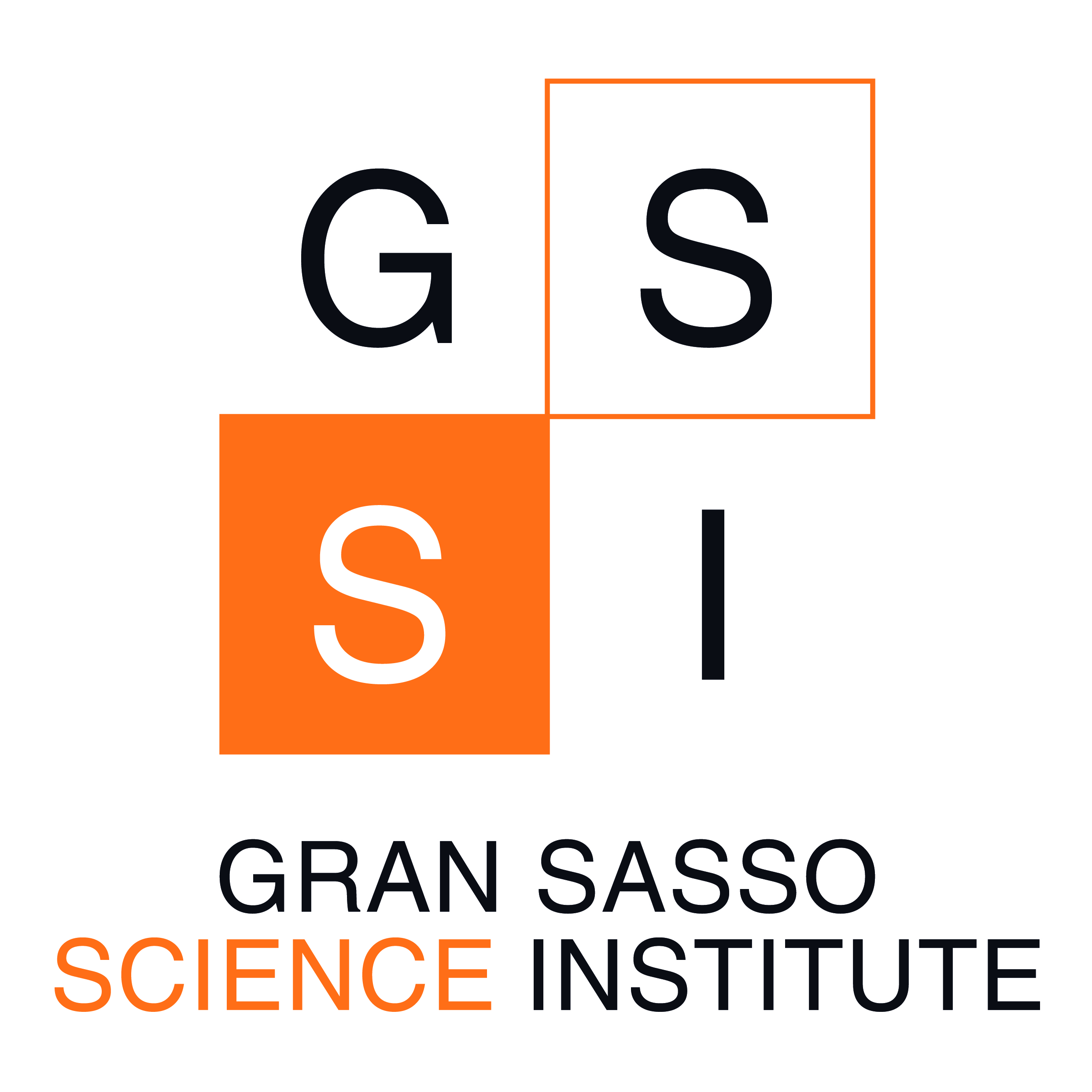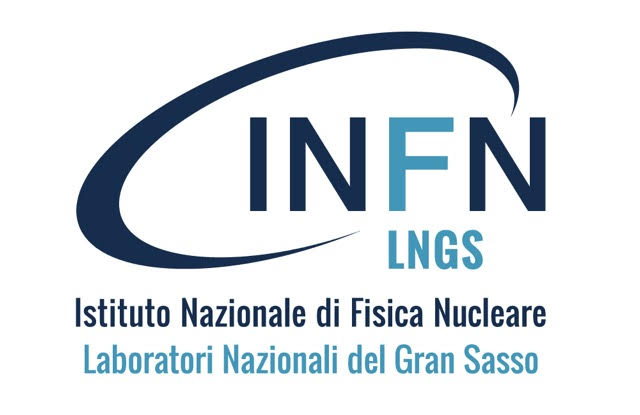Introduction to HPC-GPU Programming
Rectorate/Building-Auditorium
GSSI
Description
This course will teach the fundamentals needed to utilize the ever-increasing power of the GPUs and HPC clusters.
The course will start with an architectural overview of modern HPC and GPU based heterogeneous architectures, focusing on its computing power versus data movement needs.
The course will cover classical parallel computing MPI and OpenMP programming and both a high level (pragma-based) GPU programming approach with OpenACC for a fast porting startup, and lower level approaches based on nVIDIA CUDA programming language for finer grained computational intensive tasks.
A particular attention will be given on performance tuning and techniques to overcome common data movement bottlenecks and patterns.
Venue
➡️ Gran Sasso Science Institue Auditorium
Lecturers
- Luca Ferraro (Senior Software Developer at CINECA)

- Sergio Orlandini (HPC Software Engineer at CINECA)

Skills
By the end of the course, participants will be able to:
- understand the strengths and weaknesses of GPUs as accelerators
- program GPU accelerated applications using both higher and lower level programming approaches
- overcome problems and bottlenecks regarding data movement between host and device memories
- make best use of independent execution queues for concurrent computing/data-movement operations
Target audience:
Researchers and programmers interested in porting scientific applications or use efficient post-process and data-analysis techniques in modern heterogeneous HPC architectures.
Pre-requisites:
A basic knowledge of C or Fortran is mandatory. Programming and Linux or Unix. A basic knowledge of any parallel programming technique/paradigm is recommended.
Organised by


Alessandro Cermenati
Andrea Parenti
Antonio Cruciani
Arianna Poli
Arturo De Marinis
Asish Moharana
Atul Prajapati
Barbara Demin
Camilla Petrucci
Caterina Trimarelli
Cecilia Ferrari
Dounia Helis
Elena Codazzo
Eleonora Loffredo
Emanuele Avocone
Emerson Sales
Florin Chivoiu
Francesca Alemanno
Gabriele Tagliente
Gianluca Ciaglia
Gianluca Napoletano
Giorgio Dho
Giovanni Benato
Helena Biscevic
Irene Cagnoli
Jacopo Tissino
Joaquín Amigó Vega
Jose Alejandro Concepcion Alvarez
Laura Marini
Leandro Silveri
Luca Russillo
Massimiliano De Deo
Massimo Ciacchi
Matteo Di Giovanni
Matthew Stukel
Michele Morella
Miriam Olmi
Mirko Rossi
Miryam Gnazzo
Natalia Di Marco
Nazzareno Taborgna
Paolo Settembri
Pierluigi Giuliani
Pierpaolo Bilotto
RAJU ADHIKARY
Roberto Giuliani
Samanta Macera
Samira Silva
Samuele Torelli
Sandra Parlati
Saqib Hussain
Simone Di Muzio
Simone Quitadamo
Stefano Di Lorenzo
Stefano Ghislandi
Stefano Sicilia
Stefano Stalio
Tomislav Andric
Ulyana Dupletsa
